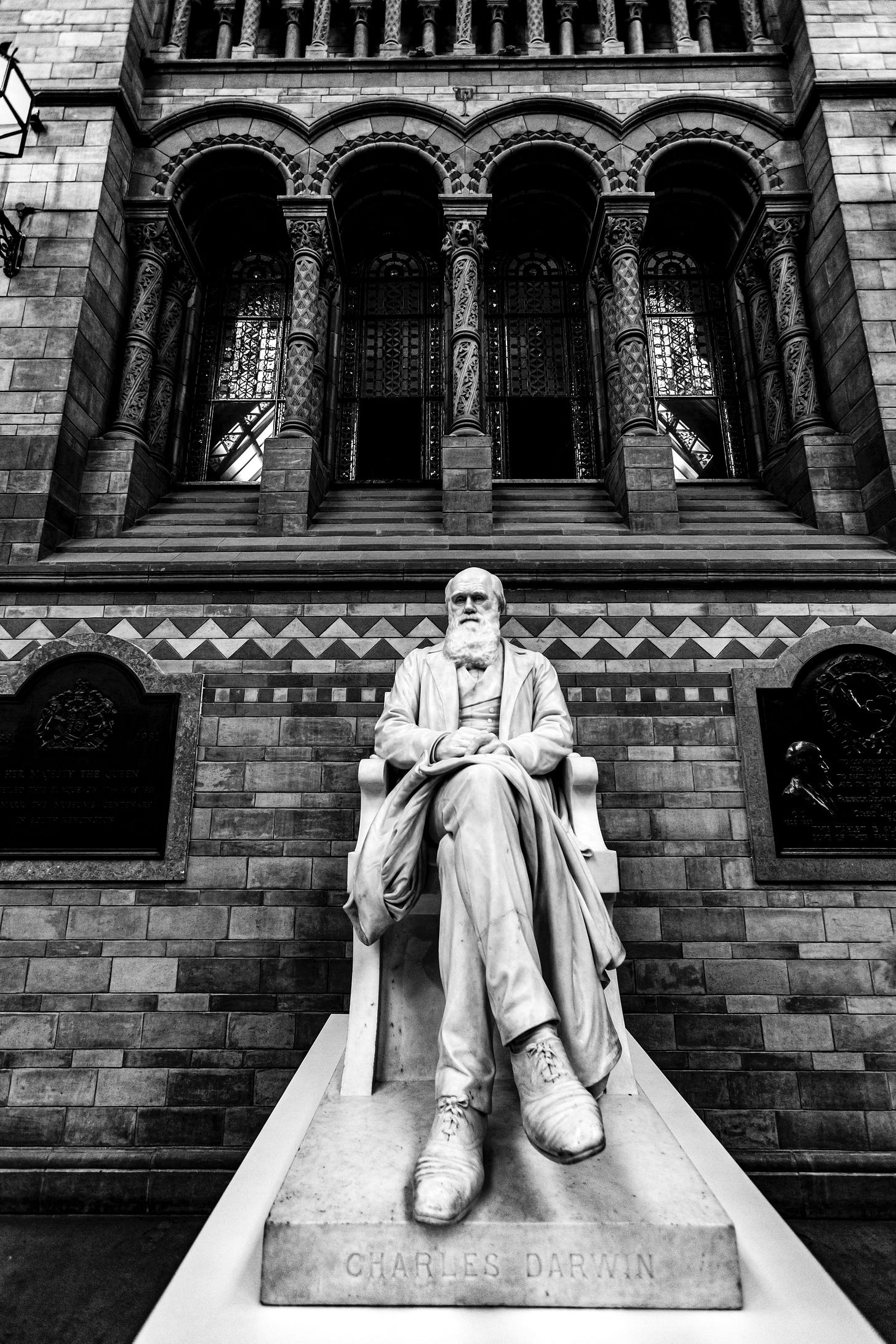Photo by Hulki Okan Tabak on Unsplash
My working assumption is that the practice of management has not improved much in the past 40 years. One doesn’t need to fully agree with that assumption, it can be a thought experiment. If we accept this premise, we have to wonder why evolution hasn’t taken care of the desired progress. I’ve commented on the lack of progress made by management thinkers, however, we don’t necessarily need smart academics and consultants to improve management, we can rely on evolution. Can’t we? Apparently not.
For evolution to work we need variation, inheritance, and selection. Oh, and fair enough, we also need time, but my sense is that while 40 years isn’t much time in biological space unless you are a virus, it is plenty of time in the world of organizations. Now clearly, we have variation of practices and indeed selection is a huge driving force in the market economy, so that leads us to point fingers at inheritance as the possible weak link in the evolution of better organizations.
Inheritance in organizations would involve practices being passed on from organizations that survived market competition to subsequent organizations. That’s something that can happen quite easily since organizations can copy the successful practices of others. Just as bacteria can evolve by directly incorporating DNA from other bacteria, so too organizations don’t need to go through the tedious process of reproduction, they can easily add new practices and adopt new forms.
And there’s the rub.
Organizations can change practices so easily that they can take a good practice and replace it with a worse one. The key driver of selection in this ecosystem is not organizations dying or surviving, it’s leaders selecting practices. If they make poor decisions, then whatever progress is driven by bad organizations dying off will be undone by surviving organizations adopting bad practices.
Why would leaders adopt bad practices? There are two reasons, lack of adequate intelligence and bad incentives. I think bad incentives is the lesser of the two concerns. It occurs when a leader expands their own department to increase their power base even when it’s a bad idea or makes short-term moves to pump the stock price even when it hurts the firm in the long term. It’s not that this factor is unimportant, just that I think that even where the incentives are to do the right thing, and I think generally that’s true, managers still may make bad decisions about what practices to adopt due to the limitations of human intelligence.
The reason managers aren’t as intelligent as they need to be to effectively run organizations is primarily the complexity of the systems they are dealing with. As Jay Forrester learned in his studies of system dynamics, often problems are not the result of external factors but are due to things we are doing to ourselves. When cause and effect are separated far in time it’s just not obvious what the right thing to do is…or even worse, the “obviously” right thing to do is what’s making things worse. The other factor is that managers don’t have a good science of management to fall back on; all they have is their own experience and some folk wisdom they’ve picked up along the way. We can’t expect humans to consistently make the right choices in this kind of situation.
I think that is a reasonably credible explanation of why evolution hasn’t had as positive an effect on organizations as we might have expected and hoped for.
Can AI Coaches Help?
Before we leave the topic, we might ask if there is anything we can do to help leaders avoid adopting bad practices. One could potentially make a career as an academic studying “worst practices” instead of best practices. I’ve proposed an Encyclopaedia of Organizational Disorders; perhaps that should be complemented by a Flaubertian Dictionary of Accepted (Bad) Ideas*. We could document ideas that look appealing but are bad so that they would be easier to avoid.
An AI Coach, armed with The Dictionary of Accepted (Bad) Ideas, could track what managers are proposing and gently point out that even though their idea seems like a good one it’s proven to be bad and hence best avoided. Rather than attempting to build AI Coaches that are good at everything, it will likely be easier to pick one potential lever of better performance, such as avoiding bad practices, and work on that.
—
*French novelist Gustav Flaubert wrote a humorous Dictionary of Accepted Ideas satirizing the French middle class.

